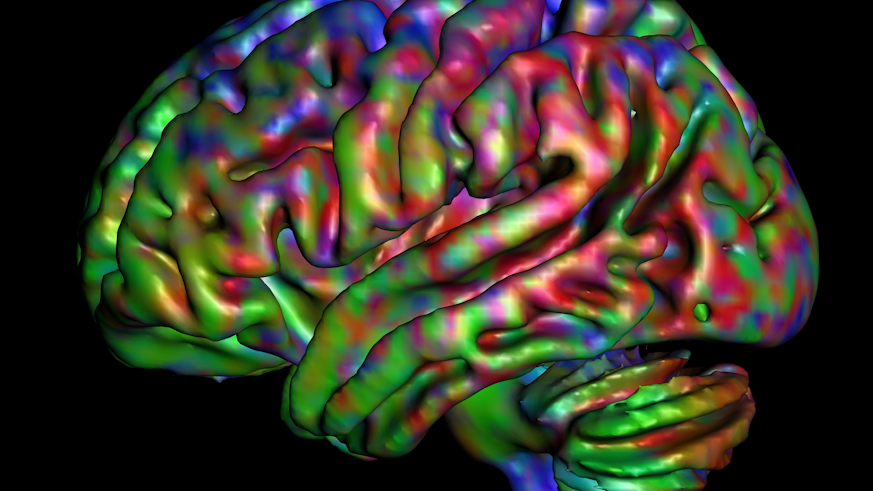New brain function research recognised in Journal of Biological Chemistry
13 May 2016

A research paper on brain function by Cardiff University scientists has been chosen as ‘Paper of the Week’ in the prestigious Journal of Biological Chemistry.
The study, performed in collaboration with Cedric Ghevaert and colleagues at the University of Cambridge, looked at Brain-derived Neurotrophic Factor (BDNF) - a secreted growth factor known to be necessary for brain function.
BDNF is known to play a key role in memory and is thought to help prevent cognitive decline in diseases such as Alzheimer’s and during ageing. In humans, BDNF is detectable in blood and its levels have been shown to decrease in conditions such as depression. Conversely, physical exercise increases BDNF levels in human blood.
The findings of the Cardiff University team revealed that BDNF in human blood is generated by the platelet-producing cells called megakaryocytes. While these cells sit in the bone marrow, they regulate the BDNF gene just like nerve cells in the brain. The study also discovered that this applies to humans, but not to mice.
Talking about the next stages of the project, Dr Yves-Alain Barde of Cardiff University School of Biosciences said
“Our findings indicate a potential strategy to better understand the benefits of exercise (for example) or how blood-derived factors may help brain function in humans. The key next question for us is to understand whether or not BDNF in blood platelets may get access to the brain, thus potentially explaining the benefits of physical activity to brain function.
To answer this intriguing question, we are now in the process of generating a new experimental model exploiting the difference between mice and humans."
Professor Anne Stephenson, a researcher at University College London School of Pharmacy and Associate Editor at the Journal of Biological Chemistry, explained the importance of the research.
"In many previous studies, blood concentrations of BDNF have been taken to reflect BDNF brain levels. Thus, blood BDNF has been taken as a surrogate marker of brain BDNF for depression and other mental disorders. The study by Barde and colleagues, which was recognised as a landmark paper by the reviewers, sheds light on the significant contributions from megakaryocytes to the production of blood levels of BDNF. These findings will have a high impact in the field.”
To be chosen as Paper of the Week, Professor Barde's study was determined to be in the top two percent of the 6,600 plus papers reviewed by the journal each year in terms of significance and overall importance.